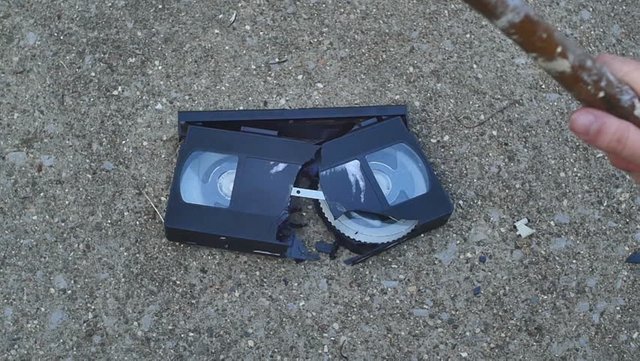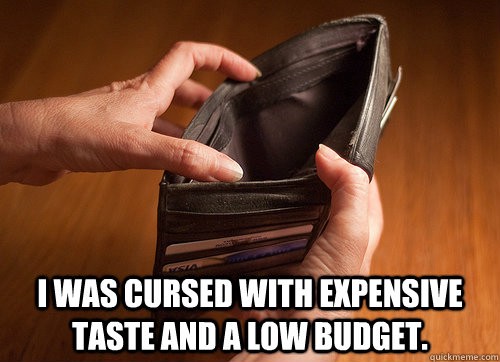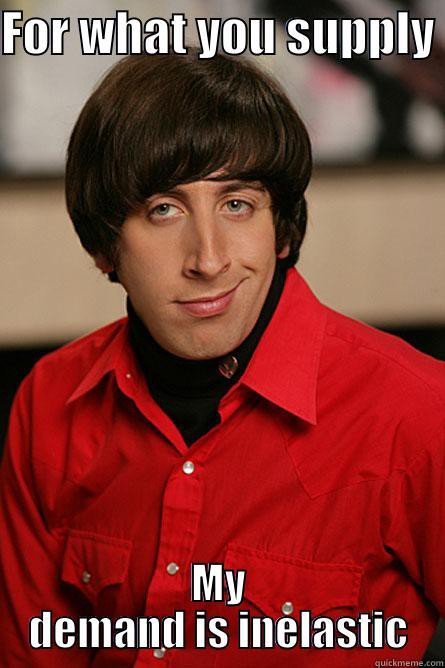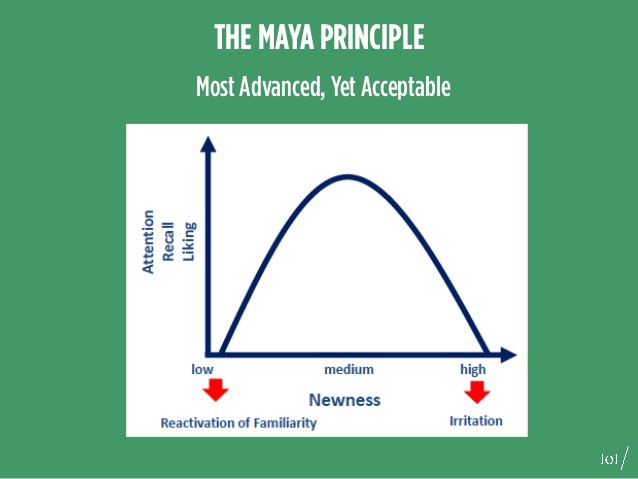In 2005, I was working as consultant in at the Regional Office of a major record label. I wanted to receive a video clip from the UK office without waiting for it the VHS tape to come in the mail. Shortly, an email with a link to a portal named YouTube arrived. I streamed the video, felt kinda awkward and loved it. I remember pitching to my client that we should turn the entire label’s catalogue into an online store and create a digital storefront curated for all our customers by us, the label. I even toyed with the idea of somehow convincing other labels to use our digital storefront. In retrospect, it sounds hilarious and today I work among people who had a much better version of my “bright idea” and started making it happen much earlier than me.

In 2007, the world started moving awkwardly fast and I began to feel the indirect exponential effects Moore’s Law. Friendster was over before I could remember my password, MySpace was a like a record store/porn shop. I don’t remember when I stopped using Windows Messenger but I do remember getting invited to Facebook to get to know a girl. It was an era where switching from Tower Records to LimeWire was a guilty pleasure. I entered the music business when album sales were beginning its great decline:
The arrival of the iPhone upped the ante and the acceleration of content came between 2007 and 2008. The idea of a new digital space began to birth ideas like the Creative Commons, Bitcoin and all types of early stage IoT products. There was a spirit of renewal : new products, new rules, new beginning. In the years following 2010, we were plunged into an accelerated world where old establishments starting to fail themselves. The Arab Spring showed me the oncoming wave socio-political changes created by the Internet generation. And the rest of the 21st century this far can be characterized by viral trends, binge information , messenger apps, timelines, emoticons, rants, fake news and the occasional chance to even discover music.
We are arriving at the height of the Information age and whether you like to call it content or intellectual property or “my new song, bro”, there’s never been more of it. The Internet is a huge decentralized encyclopedia of information where curation is distributed across a sea of networks and websites.
Here are four reasons that content’s valuation needs a rethink. You may take it as an argument for a new system of monetization in the online content space.
- The Internet is not owned by anyone and in many ways, we are the Internet.

This paradigm shift has created new rules in content creation. It has redistributed decision making to creators and the consumers. Intermediaries like social network and platforms serve as facilitators that help us reach greater audiences but ultimately as free as you are to post, the reader can swipe right. It is a democratic library of truth, lies, imagination, real and fake news.
- Lower Barrier to Entry

The common misconception is professional content requires high budget. I do not dispute them but the demand for content is so huge that we have arrived at a new market : the era of the semi-pro. This is not to undermine quality but rather to accept that engaging content ≠professional produced content. In the age of fragmented fast pace consumption of media, I contend for the prior, engaging content. After all, virality comes from high engagement.
The advent in technology has provided lower cost resources to produce good quality content. From the home studio to the affordable drones, one now has access to tools previously only available to the limited few with access privilege.
Thanks Steve Jobs.
- Understanding The Economic Changes

The economics of the Internet today is simple. Basically, you have this near infinite supply of content. Demands gone up but the science of popularity is not linear so content behaves in a hyper-elastic manner. Simply put: “No one really cares but they could love (or hate) you if they felt like it”. That’s your consumer. Demand’s behavior is autonomous of the individual cost of good sold per piece of content. Rather, consumers seek something to identify with but still thrill them.
The new science of demand comes from the shift in consumer base and the rise of the millennials. Many have never paid for email or social media and cannot comprehend the idea of paying for content as a per unit value.
- Raymond Loewy’s MAYA Principle

“ His MAYA theory — Most Advanced Yet Acceptable — spoke to the tension between people’s interest in being surprised and feeling comforted. “The consumer is influenced in his choice of styling by two opposing factors: (a) attraction to the new and (b) resistance to the unfamiliar,” he wrote. “When resistance to the unfamiliar reaches the threshold of a shock-zone and resistance to buying sets in, the design in question has reached its MAYA stage: Most Advanced Yet Acceptable.”
Excerpt From: Derek Thompson. “Hit Makers.” iBooks. https://itun.es/us/S0urdb.l
Loewy’s theory is that feeling you get when you go “where have I heard that melody before?”. It can also be the “this kinda reminds me of 𝑥” moment when you feel like you’ve been here before. This is a result of repeated exposure to particular trends. More than a century since Loewy started designing the Industrial Age, his theory is the scientific explanation for Justin Bieber and Ed Sheeran. It is also why Psy’s Gangnam Style was a worldwide sensational. In each case, there is a recognizable “average” person (YA) and in each case, that person becomes a “sensation” in an industry when people spend millions to “create” a sensational star when not a dollar can buy you that. Today’s voyeuristic world has twisted and now supports the underdog. Underdogs have a greater chance of pivoting.
Of course, the world’s bigger than you agreeing with me, so please go ahead and differ.
- Reminisce But Stop Looking Back

I miss going to the record store. I miss carpooling on Monday night’s to be make it for the midnight Tuesday releases at Tower Records.
It is perfectly human to reminisce on our memories. It’s probably even healthy. What is not healthy is working within a framework bounded by outdated thinking. I believe physical albums are by products of the Industrial Revolution. Mass production in the Industrial Age is the equivalent of the ability to scale your technology today. The CD was the pinnacle of the mechanical reproduction of music.
We built a whole system around that and like wise we are at the dawn of building another for the digital age. Blockchain technology is beginning to receive its worthy attention and defragmentation created by the Internet will soon evolve into the decentralization of outdated institutions.
The world is a lot bigger than ourselves and the Internet makes it exponentially bigger and intricate. Listen to the people and like Jimmy Iovine recently advised “stop believing in your bullshit”.
good blog - i agree, it is an age of easy access and anyone can produce a song. I followed you and wish you well on Steemit.
Downvoting a post can decrease pending rewards and make it less visible. Common reasons:
Submit
Thank you very much. I'mm new on here and thank you for being my first vote of encouragement on Steemit.
Downvoting a post can decrease pending rewards and make it less visible. Common reasons:
Submit
i hope you will enjoy my posts too
Downvoting a post can decrease pending rewards and make it less visible. Common reasons:
Submit